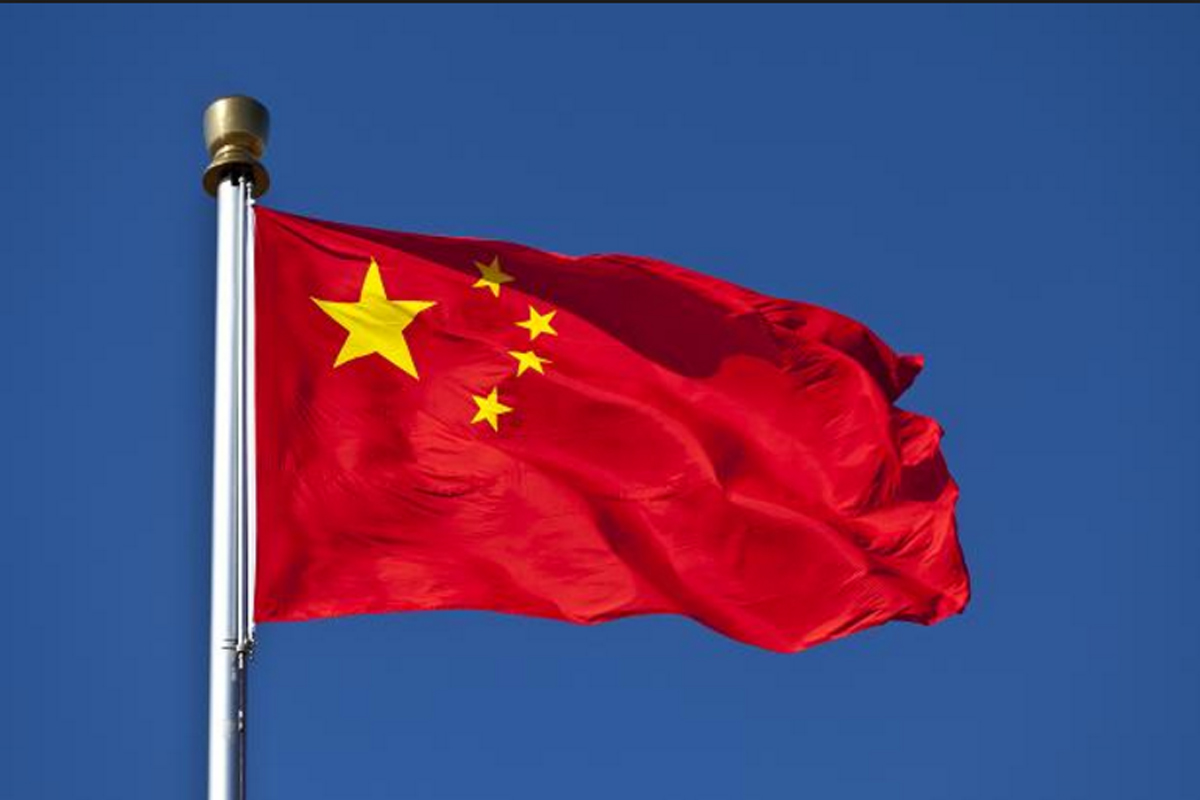Steel dumping ‘steal’ talks and ‘dump’ the real issues
Chinese Premier Li Keqiang’s recent visit to New Zealand last week brought much attention to free trade and export opportunities for our country – but did the right topics get the focus they deserved?
Amidst steel dumping headlines, China’s strong interest to balance its trade by importing into New Zealand flew under the radar – a worrying outcome given the complexity present in imports which offer plenty of opportunity for non-transparent trade, avoiding product conformance and selling at costs which are too good to be true.
It doesn’t take much to see that this tilts our free trade playing field and challenges our sustainable manufacturing base – if we’re to combat this, we all have to be out there fighting for fair and equal trade within a worldwide free trade framework.
Despite China’s Premier Li Keqiang claims that steel imports from China are not dumped, our concerns go wider than this and include non-price criteria such as lacking product conformance.
Analysing the talks
Exploring mainstream media comments around the recent visit of Chinese Premier Li Keqiang the strong focus on free trade and the emphasis on export opportunities for New Zealand’s mainly primary products is noted, but what was missed was trade has to be balanced, and Premier Li has stressed China currently has a trade deficit with New Zealand – and therefore a strong interest to close this gap by importing more to New Zealand.
He also assured us that China isn’t dumping steel on the New Zealand market – a good statement, however our industry’s concerns with steel products from China and other Asian countries is wider than just dumping usually defined as selling the same product overseas at cost below that of the local market.
China has delivered its overcapacity in steel to the world which has resulted in a depressed world steel market leading to a price war, with our own New Zealand landed steel prices being below 2000 cost last year. This has subsequently caused international private sector mills to be without profit and many to close, and many western countries have imposed extra tariffs on Chinese products in order to level the playing field and protect local industry.
To date setting steel dumping tariffs hasn’t been the case in New Zealand, but the fact remains that we are experiencing a flood of steel being offered largely from Asian mills often without the required product conformance assurance and at prices which question the ability of any producer to make a profit. Increasingly this now also applies for fabricated steel where product conformance and the question of fair price is much harder to prove – here, the potential impact on our industry is even more fatal than just in the mass-produced primary steel product market.
At HERA, we believe that in terms of balance of trade, local manufacture in place of imports is as valuable to the local economy as are the celebrated exports.
On the basic assumption that local industry is competitive and imports are on par in terms of value for money and performance – keeping local manufacturing in place of imports needs as much consideration as our drive to export – and we think assisting local industry to remain competitive will not only keep local jobs, but prepare them to be more competitive on the world market as well.
It’s pleasing to note these talks have sparked the call for Chinese doing business in New Zealand to become good corporate Kiwis and that China and New Zealand want to spearhead free trade in a world where free trade is a desirable position – but wide acceptance only comes if it is fair and equal.
New Zealand and our industry can really play a role in this by demonstrating product conformance and being vigilant and uncompromising here in New Zealand around it – in turn, assisting China to get it right too.
We must learn from the past, yet people readily forget – and we saw this in the Kobe and San Francisco earthquakes where brittle fractures occurred due to weak steels. This resulted in regulations and codes calling for careful design of seismic frames to meet very specific “seismic requirement” – a boundary still pushed, particularly with importers who aren’t exposed to these needs daily.
With persistence a drop of water hollows out the stone
At HERA this means providing constant reminders, active advocacy and education to achieve change, and as a result we’re making progress – especially with educating around product conformance and the uptake of the newly introduced Steel Fabrication Certification (SFC) scheme amongst our industry.
This work has increased the number of specifier and reviewers within industry, building authorities and government agencies that understand the requirements of steel construction product conformance – an effective watchdog for inconsistent imports.
We believe that if our industry delivers consistently on this front we’ll be in the running with all stakeholders and end-users – putting us in a strong position to demand equal performance from competitors. The next step is staying in contact with MBIE to formulate and garner some response around the enforcement of this for critical products from them – something HERA is committed to do.
“If level playing field conditions are maintained by all trading partners and their governments enforce them – we call this fair and equal free trade, and all will be winners”
If you’re like me, you want to be able to sleep soundly at night in the knowledge that the work you do will perform and that you’re a socially responsible employer paying fair wages, tax payments and implementing health and safety. And, as an industry – it’s fair to expect the same commitment and dedication from those who import as well.
When we get this right the cost gap between imports and local manufacture will be much closer and most socially responsible product end-users will be willing to pay the extra cost to get assured quality.
What is your thinking?
Do you support the above arguments for equal trade? Do you have thoughts of your own? Let us know by contacting Director Wolfgang Scholz.
Have you come across non-compliant imports?
If you’re involved in any product delivery whether local or imported which isn’t to specification – especially on safety critical items, please advise MBIE through their complaints pathway and let us know as well if it relates to our industry.

